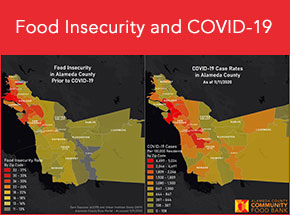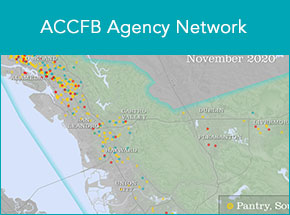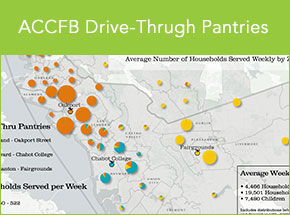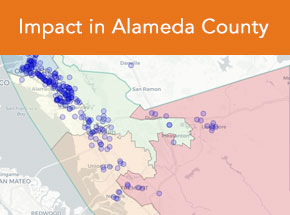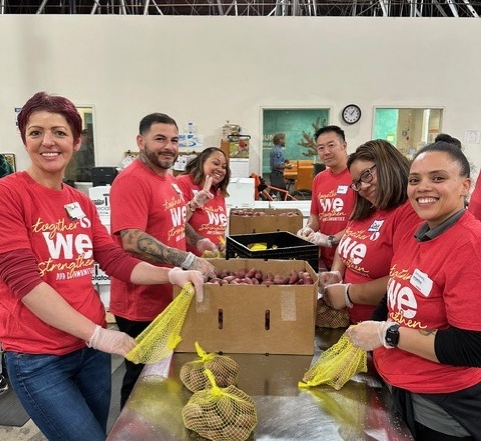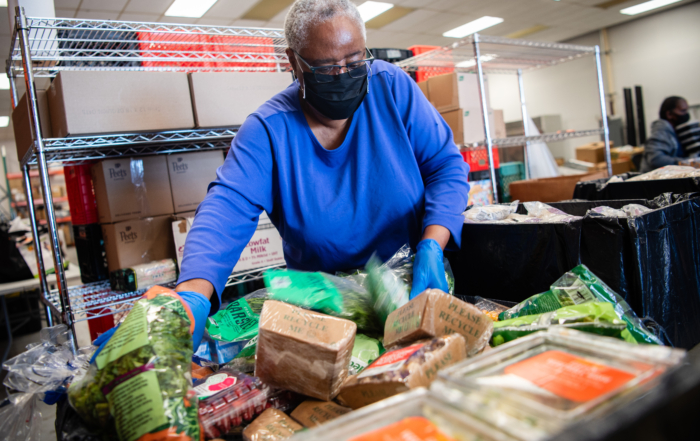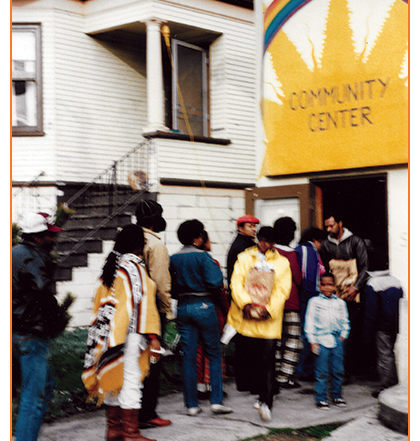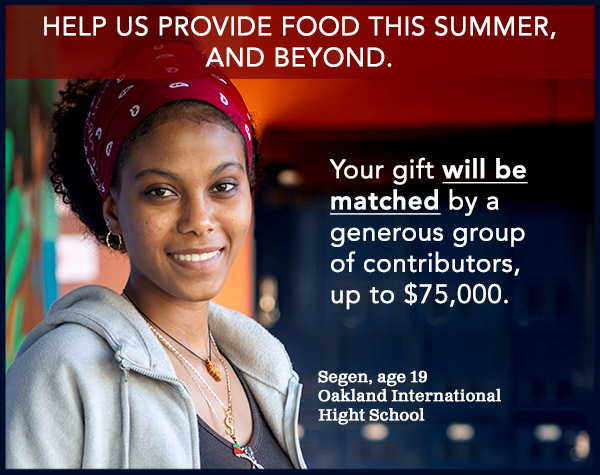
We use data to improve services and confront the root causes of hunger.
Our community members are the center of our mission. In order to meet today’s need, we need to know how communities are changing and how hunger is changing. We participate in formal research projects to be evidence-based, and we develop neighborhood-level analyses highlighting areas where gaps in services exist or are less accessible. We also use data to examine how larger macroeconomic trends may impact our network partners and the communities we support – trends like displacement/gentrification, housing instability and rising homelessness.
Our use of this information helps us support policies and programs that advance racial equity, economic opportunity and well-being for all.
We collaborate with community members, grassroots organizations, schools, healthcare providers and universities to identify promising solutions and strategies that support healthy families today, and healthier communities tomorrow.
Good health starts with good information
Sign up for CareMessage, a free health education program that sends tips by text. Click here to learn more about what community members have to say about their experience with the programs.
Research Initiatives
- Since September 2018, we have been working with The Urban Institute on an initiative to better assess risk for food insecurity and associated stressors at the neighborhood level across Alameda County. This collaboration is helping us understand opportunities for new partnerships, geographies and demographics of need, and potential for innovative models of service. See full report.
- In the Fall of 2018, we began implementing a new client case-management platform. This platform will enable more information about who we are serving throughout our network, how client demographics may be shifting, and how federal policies impact access of our network.
- Between 2017 and 2019, we collaborated with Feeding America and the University of Pittsburgh on a Diabetes Prevention Pilot Program. The study sought to examine how food banks can best support adults at high risk for diabetes by providing diabetes-appropriate supplemental food, text-based education and making referrals to healthcare and community-based Diabetes Prevention Programs. In screening nearly 500 clients, we found that 7 in 10 were at high risk for diabetes. See the results published by Preventing Chronic Disease. We are seeking partners to continue this impactful work.
- From 2015-2017, we partnered with Feeding America and UCSF on the Feeding America Intervention Trial for Health – Diabetes Mellitus, which explored the impact of medically-tailored food, nutrition support and healthcare access for food bank clients with poorly controlled diabetes. See the results of this randomized controlled trial published in the American Journal of Public Health.
- In 2016-2017, we worked with UCSF Benioff Children’s Hospital Oakland to deliver fresh food to families and children who were at high risk of diabetes.
- By collaborating with agencies to collect meaningful feedback, the Pathways for Community Voices project empowered community members to be better represented and more involved at our partner agencies. See full report.
Data Analytics
We support our advocacy team by helping to create data products in support of federal, state or local policy initiatives.
Examples of our work:
If you are interested in learning more about the Food Bank’s research activities or are a researcher interested in working with the food bank, please submit the form below.
Research Interest Form
Please complete and submit the form below. Please allow up to 5 business days for one of our team members to respond.
30 Years of Nourishing Neighbors with Safeway
Safeway volunteers at ACCFB in April 2025 Safeway has been headquartered in Alameda County for nearly 100 years, and since 1995, they have partnered with Alameda County Community Food Bank to provide
ACCFB’s Food Recovery Program: A win for the community and the environment
Volunteer Toxie Campbell sorts produce at an East Oakland Collective Distribution. Since 2012, Alameda County Community Food Bank’s Food Recovery Program has served the dual purpose of reducing food waste and food
Bridging Gaps Through Food and Community: A 40 Year Legacy
From day one, ACCFB has always been a community-powered project. This community is made up of thousands of dedicated individuals, including Ken Schmidt. In 1985, Ken led the effort for a group of 40

